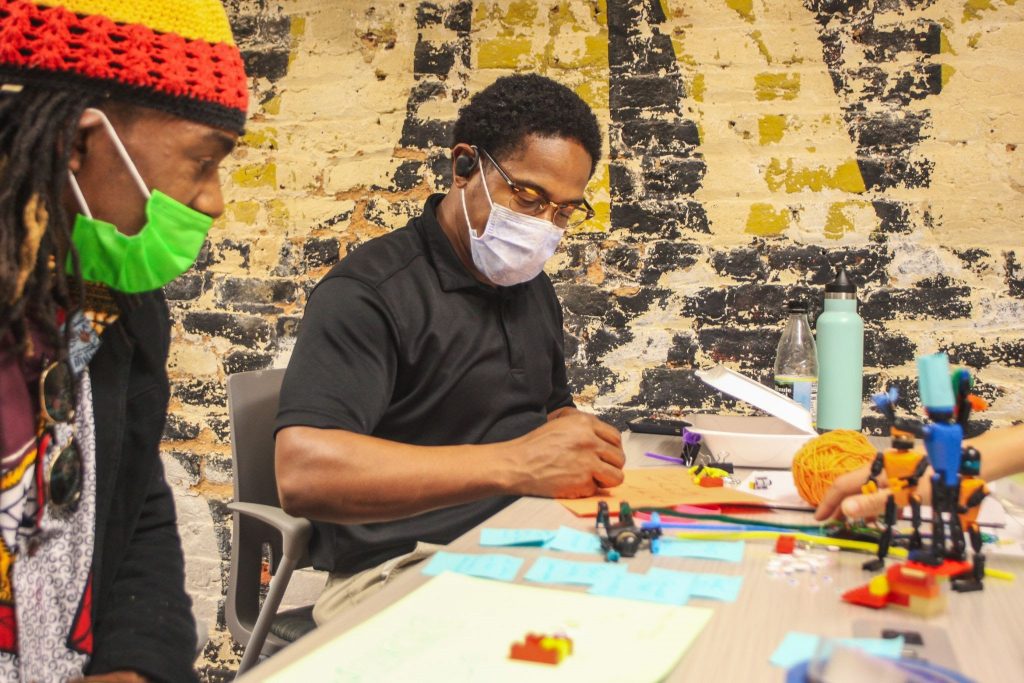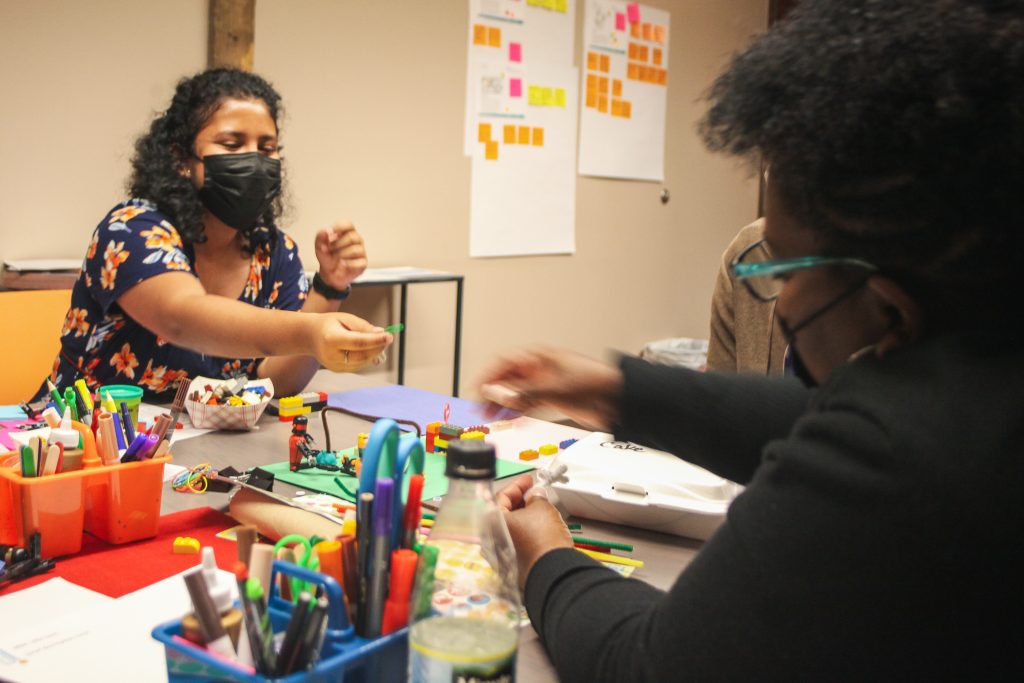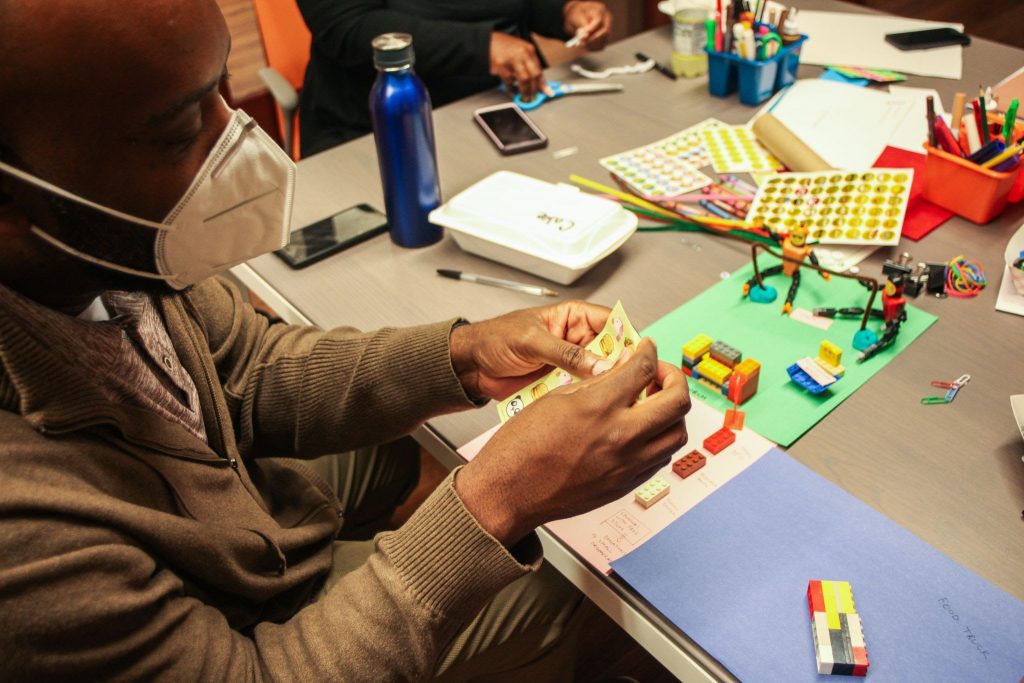Developing A Replicable Process To Support Community-Based Design Efforts
Client/Funder:
Cone Health
Location:
USA
Catapult Service Line:
Design
Thematic Area:
Community DevelopmentGlobal Health
Challenge
A challenge to designing great services for underserved communities is that many times the community is left out of the conversation or not fully engaged in the decision-making process. Cone Health has recognized this as a great missed opportunity and would like to work with their community partners to better understand their unique expertise and capabilities. Once these are well understood, designing unique and innovative products and services becomes not only possible but essential.
Work
Cone Health is working closely with Catapult Design and community partners to develop a bespoke and replicable design thinking process to support community-based design efforts. The process will provide guidance on how to best engage community members as active participants in designing community services in North Carolina toward improved health and well-being.
In order to build and iterate on the process, we are co-developing a number of prototypes as defined by community members and partner agencies. The Cone Health and Catapult Design collaboration will support partner agencies to pilot at least one idea each with the potential to bring positive change to their community.
Results
The Catapult Design and Cone Health collaboration facilitated three partner agencies in designing and developing their pilot projects to address the needs of their communities. The partner agencies and community design team members were guided through a year-long community-based design process using a series of workshops, tools, and support materials that were custom designed for the participants’ contexts.
Throughout this project, an evaluation team from Elon University gathered perspectives and experiences from partners and participants through surveys and interviews. Their findings show that “participants felt Design Thinking processes yielded tangible (increasing the quality of pilot projects) and intangible outcomes (fostering trust, building relationships, increasing capacities for complex project-based work, and shifting mindsets).” In addition, the evaluation results showed that “Design Thinking practices helped [participants] see the value of engaging diverse others, improved the creativity and viability of their solutions, their confidence in their creative abilities, and equipped them with capabilities they can apply to future projects.” (Quotations from Survey Three Report)
The project deepened Cone Health’s commitment and experience leading community-based design processes and helped prepare them to pursue a partnership with Guilford County which will expand this and similar approaches to other areas in their surrounding communities.
Lake, D., Motley, P., Casner, M., and Flannery, K. (2022) Design thinking community health & well-being: Creating with and for community capacities, in Lockton, D., Lenzi, S., Hekkert, P., Oak, A., Sádaba, J., Lloyd, P. (eds.), DRS2022: Bilbao, 25 June – 3 July, Bilbao, Spain. https://doi.org/10.21606/drs.2022.210


